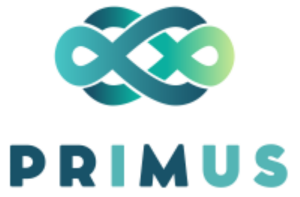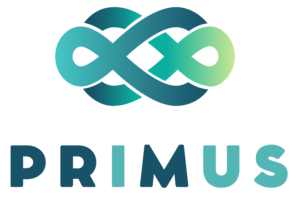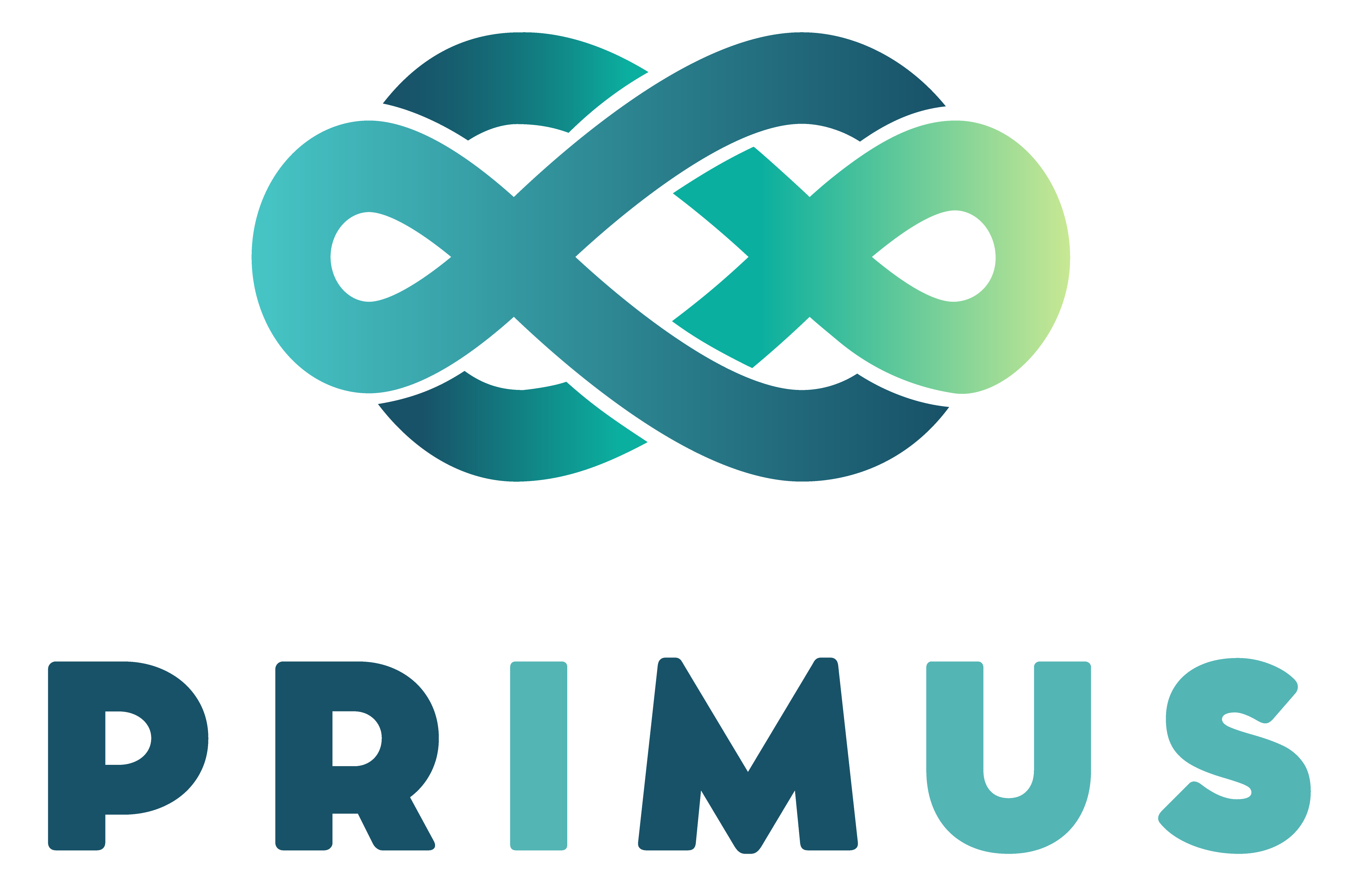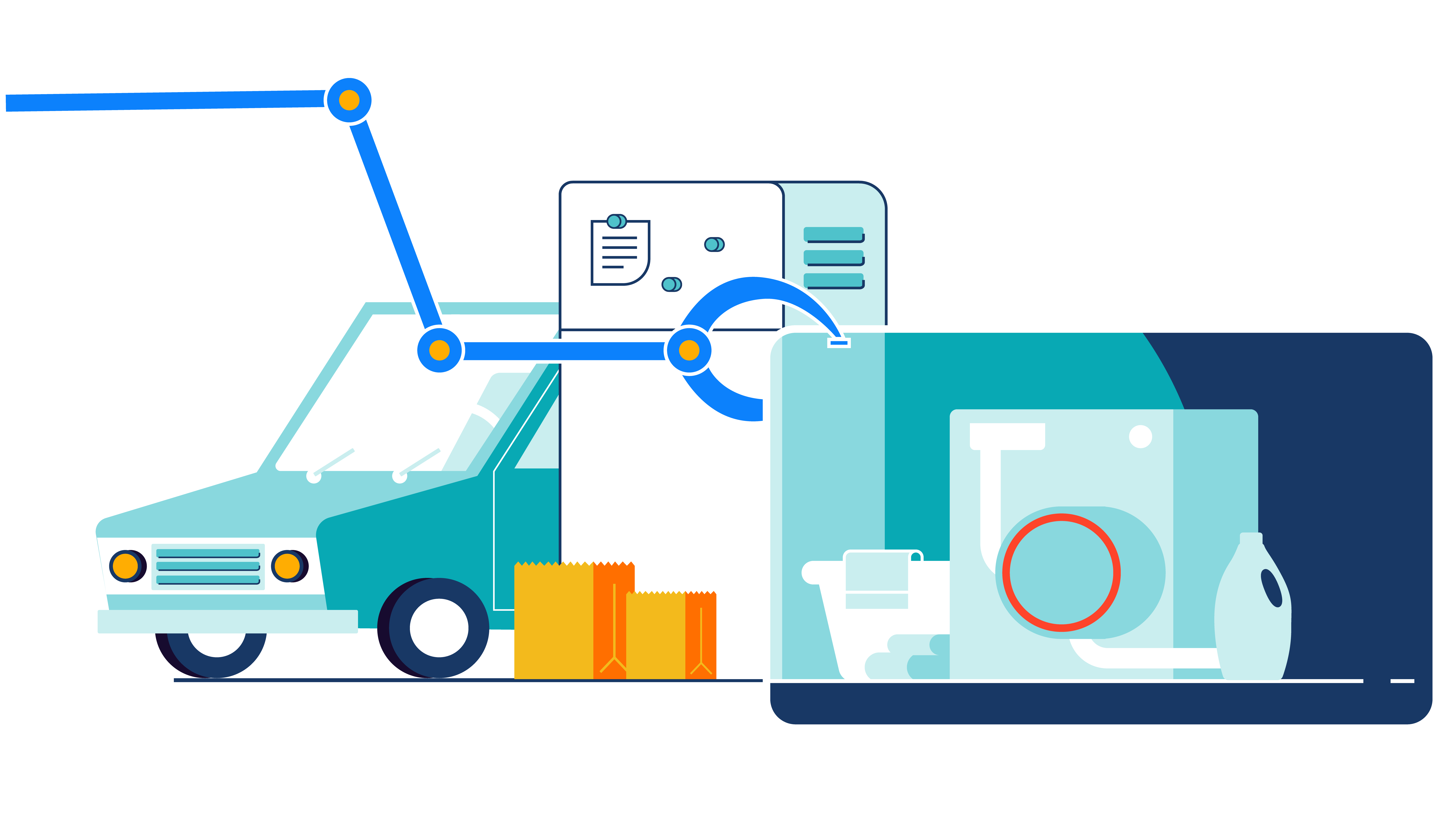
PRIMUS, Aims High: A Journey Towards Sustainability
In the realm of sustainability, where the urgency to mitigate environmental impact is ever-increasing, initiatives like PRIMUS stand out as beacons of hope. PRIMUS, a European Commission-funded project, that aims to transform secondary plastics to become the primary raw material choice for added-value products. PRIMUS is not merely a project; it’s a testament to the power of collaboration and innovation in the pursuit of a greener future.
At its core, PRIMUS is a Research Innovation Action (RIA) that embarked on its journey with a Technology Readiness Level (TRL) of 3, centred on revolutionising the landscape of plastic recycling. Fast forward to the present, as PRIMUS strides into its second year, is reaching an impressive TRL of 6. This milestone marks the successful creation of four prototypes for automotive and appliance components, signalling a trajectory towards a TRL 7 in the project’s final year not only creating the four prototypes, but reaching pre-industrial and pre-commercial levels.
How PRIMUS is reaching higher TRLs?
Key to the advancement of PRIMUS has been the meticulous selection and collaboration within its consortium. Comprising 12 partners, including leading technological centres, prestigious universities, and forward-thinking industries, PRIMUS embodies the essence of a triple helix collaboration. This synergy not only fosters innovation but also ensures that the project remains grounded in real-world applications and industry needs.
Central to PRIMUS’s success is the strategic integration of recycled polymers into industrial practices. Recognizing the industry´s pivotal role, PRIMUS emphasizes the incorporation of recycled polymers into corporate strategies. This shift in mindset, coupled with market demand and a proactive approach from industry players, paves the way for accelerated progress towards higher TRLs.
Moreover, the technological centres, VTT Technical Research Centre of Finland, Cikatek and Maier Technology Centre, involved in PRIMUS have demonstrated a deep understanding of individual industry needs. Developing suitable high performing recyclates is not the easiest task, there are specific product requirements to ensure safe use and thereafter, mechanical, chemical and aesthetic needs. Upgrading the plastic waste to provide tailored plastic recyclate recipes, they have empowered companies to embrace sustainable practices without compromising performance, quality or safety.
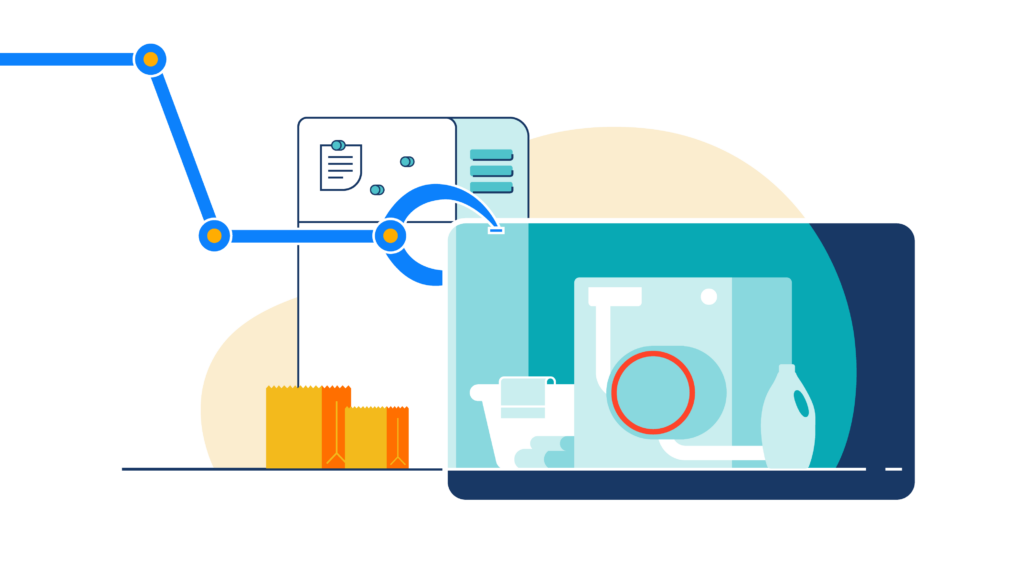 Jani Pelto, D.Sc. (Tech.), Principal Scientist at VTT remarks that the “R&D collaboration with Maier has been very open and easy from the beginning as we clearly have common goal to demonstrate high performance of the plastics with high recycled content in a demanding interior part. It is highly beneficial that the development targets, the relevant design parameters, the pathway to the final industrial validation tests, and the industrial mindset for using recycled technical plastics has been jointly discussed and brought in early in the project.” Furthermore, Beñat Madariaga, R&D&I Project Leader at MTC (Maier Technology Centre), fully agrees with Jani. “Truly and open innovation collaboration with VTT validating the compounds received from VTT in order to assure that automotive interior parts could have a pretty high percentage of recycled material and fulfil the current automotive industrial performance. VTT collaborated strongly against all the requests needed after each upgrading trial”.
Jani Pelto, D.Sc. (Tech.), Principal Scientist at VTT remarks that the “R&D collaboration with Maier has been very open and easy from the beginning as we clearly have common goal to demonstrate high performance of the plastics with high recycled content in a demanding interior part. It is highly beneficial that the development targets, the relevant design parameters, the pathway to the final industrial validation tests, and the industrial mindset for using recycled technical plastics has been jointly discussed and brought in early in the project.” Furthermore, Beñat Madariaga, R&D&I Project Leader at MTC (Maier Technology Centre), fully agrees with Jani. “Truly and open innovation collaboration with VTT validating the compounds received from VTT in order to assure that automotive interior parts could have a pretty high percentage of recycled material and fulfil the current automotive industrial performance. VTT collaborated strongly against all the requests needed after each upgrading trial”.
Another standout achievement of PRIMUS lies in its collaboration with Plastic Recyclers Europe and the University of Eastern Finland. Together, they have enhanced the PRE-1000 tool, a voluntary industry standard designed to verify the compliance of recyclates with applicable chemicals legislation. This collaboration not only highlights the importance of cross-sector partnerships but also points out the commitment of recyclers to adopt and implement sustainable practices as active end-users.
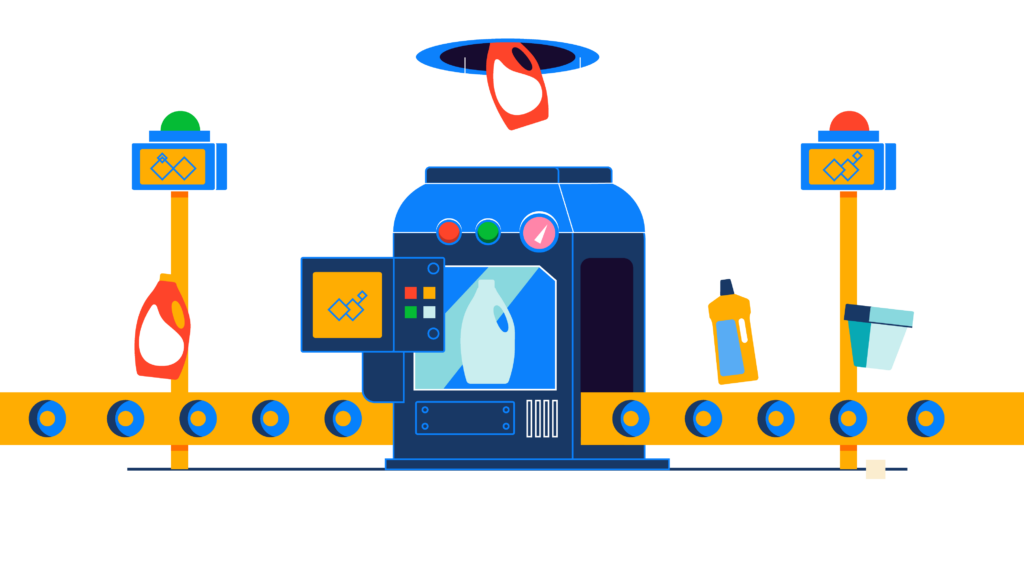
Jarkko J. Saarinen, Professor of Materials Chemistry and Technology at the University of Eastern Finland, and Mathilde Taveau, Regulatory Advisor at Plastics Recyclers Europe, have forge a strong collaboration. “We have found the collaboration between the PRE and UEF highly beneficial as the expertise in the high-resolution analytics UEF has now been used to validate PRE 1000 tool used by plastics recyclers to comply with the European chemicals legislation. We believe a broader use of PRE-1000 tool within European plastics recyclers can open new avenues for integrating recyclates into new applications. It can also boost the confidence in the use of recyclates by end-users”.
In conclusion, PRIMUS represents the spirit of innovation and collaboration driving the transition towards a circular economy. The PRIMUS coordination congratulates the consortium on the successful collaboration established in the project.
“The success of PRIMUS underscores the critical importance of collaboration, trust, communication to catalyse co-innovation, quick scale-up and success. By leveraging the collective expertise of our diverse consortium, fostering open and transparent communication, and creating an environment where trust and innovative thinking thrive, PRIMUS is paving the way for groundbreaking advancements in plastic recycling. It is through this collaborative spirit and shared commitment to a sustainable future that we are able to turn visionary ideas into tangible solutions” Anna Tenhunen-Lunkka, PRIMUS coordinator.
